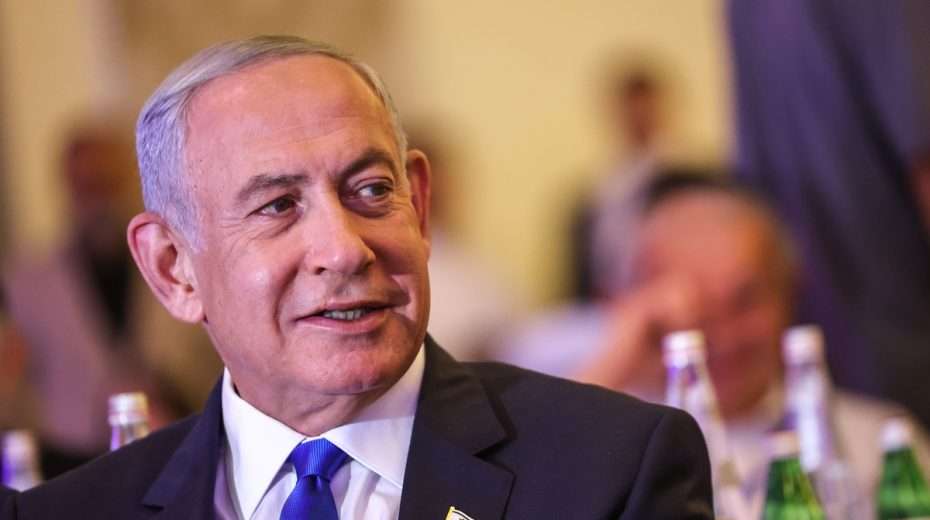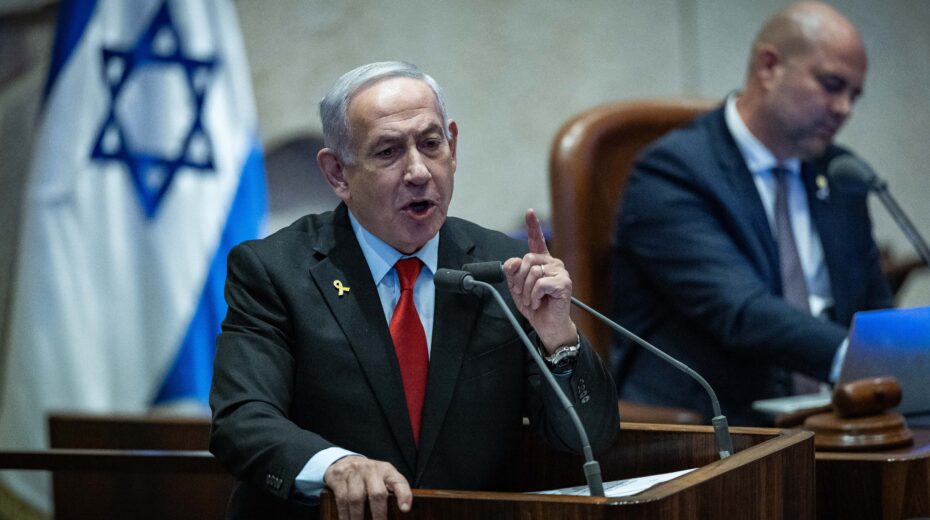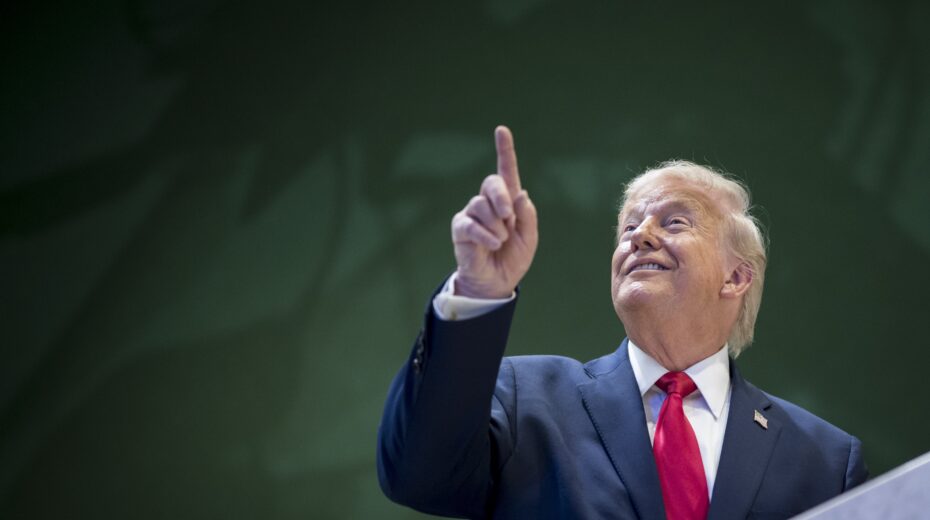With 50 days to go until Israel’s upcoming national election, it’s poll season! Israel’s major media outlets can be expected to conduct new voter surveys every week, if not daily.
While we all know that polls can most definitely be wrong, they do give an indication of where the Israeli electorate is at today, after four failed governments in the past four years.
The latest survey, conducted by Direct Polls, gives further hope not only to Benjamin Netanyahu and his Likud party, but also that a smaller, more cohesive coalition could emerge from this election.
Israeli governments often suffer instability due to the large number of political parties that must be courted and held together. A unity government like the previous one is particularly challenging due to the strongly opposed ideologies held by the various factions.
But if Direct Polls is right, Netanyahu will be able to form a majority government with just four parties:
- Likud – which is projected to win 34 seats
- Religious Zionism – 11 seats
- Shas – 9 seats
- United Torah Judaism – 7 seats
In terms of ideology related to Israel’s foreign relations, conflict with the Arabs, security, Land of Israel and most major social issues – there is very little daylight between these parties. They stand as a united ideological bloc.
Some will argue that this is a bad thing, since the ideology that unites them is distinctly religious and strongly conservative.
But it also means that this government, if it indeed garners 61 seats, has a better chance of completing a full four-year term than any Israeli government in the past decade.
Possibility for unity
There is a slight possibility that the above potential coalition could grow even larger if Benny Gantz’s new party, called “National Unity,” were to eventually join it.
Gantz and the top members of his party have all campaigned on the ideal of never sitting in an Netanyahu government. But such promises have been broken in the past, most recently by Gantz himself.
Besides that, National Unity and Likud are not all that different in terms of policy positions. If it weren’t for the animosity between their leaders, these parties would be natural political allies.
National Unity is projected to win 12 seats.
Poll reliability?
Israeli election polls are notoriously unreliable. The most glaring example is from the 1996 election, when Israelis went to bed thinking Shimon Peres and his Labor Party had beaten out newcomer Netanyahu, because the mainstream media exit polls had told them as much.
By morning, Israelis woke up to find Netanyahu was their new prime minister.
Adding to the skepticism surrounding this latest poll is that Direct Polls is owned and operated by analyst Shlomo Filber, a former chief of staff for Netanyahu’s office. At the same time, it should be remembered that Filber is one of two former Netanyahu associates testifying as state’s witness against Bibi, so it is unlikely he exercised any bias in favor of his former boss.















Polls are polls. Apparently not all pollsters are getting the same numbers.
Jerusalem Post analyst considers that Israel is now barreling towards a 6th election since April 2019.
The prayer , “Peace for Jerusalem”, has different layers; certainly one could include the application for a peaceful, stable government.
Dear Robert’s World, We cannot allow links in comments because of all the spam that floods the site. You might want to edit your comment accordingly. Thanks for your thoughtful contributions.
It is interesting how the politics in Israel and the United States has played out over the last couple years, coincidence?